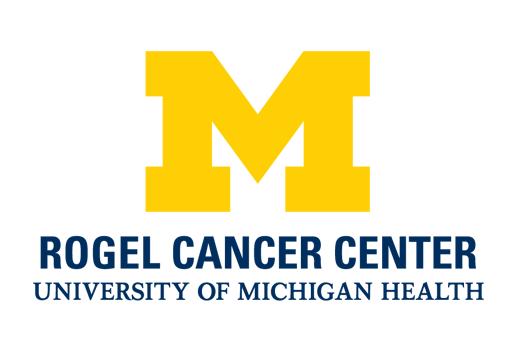Ann Arbor, Michigan
The University of Michigan Rogel Cancer Center was founded in 1986; it received its NCI designation as a cancer center in 1988 and its comprehensive designation in 1991. The Center is also a founding member of the National Comprehensive Cancer Network. The Rogel Cancer Center brings together in one place more than 400 scientists and clinicians in multidisciplinary teams devoted to cancer research and patient care.
The Rogel Cancer Center has a distinguished history of scientific excellence, collaboration and impact in basic science, clinical research and cancer control research. Through our focus on team science and research excellence, we are advancing knowledge in prevention, early diagnosis, optimal treatment and survivorship care for those at risk of or affected by cancer. Our mission is to reduce cancer burden and improve cancer outcomes through research, innovation, collaboration, education, outreach and engagement.
Clinical research teams include: biomedical prevention and genetics; bone marrow transplant, breast oncology; childhood cancer; connective tissue oncology; cutaneous oncology; experimental therapeutics; gastrointestinal oncology; genitourinary oncology; gynecologic oncology; head and neck oncology and endocrine malignancies; hematologic malignancies; neurologic oncology; and thoracic oncology. We also have a strong focus on outcomes and disparities research.
With members from 53 departments across 9 top-ranked University of Michigan schools, we are harnessing the power of one of the largest, most robust and highly esteemed research universities in the world to create new knowledge about cancer.
As part of Michigan Medicine, the Rogel Cancer Cancer offers multidisciplinary clinics in 24 different cancer types. In each of these clinics, specialized physicians, including dedicated pathologists and radiologists, collaborate to provide comprehensive care for each patient. We take the same approach when supporting patients during treatment. Cancer specialists in psychology, social work, art therapy, nutrition, finance and countless other areas are an integral part of patients’ care team. Michigan’s teams of physicians and nurses work with colleagues in local communities to provide ongoing care for cancer patients and their families. Risk evaluations, genetic counseling, and fertility counseling are also provided.


Subscribe to the Big Ten CRC Newsletter X
X Facebook
Facebook YouTube
YouTube